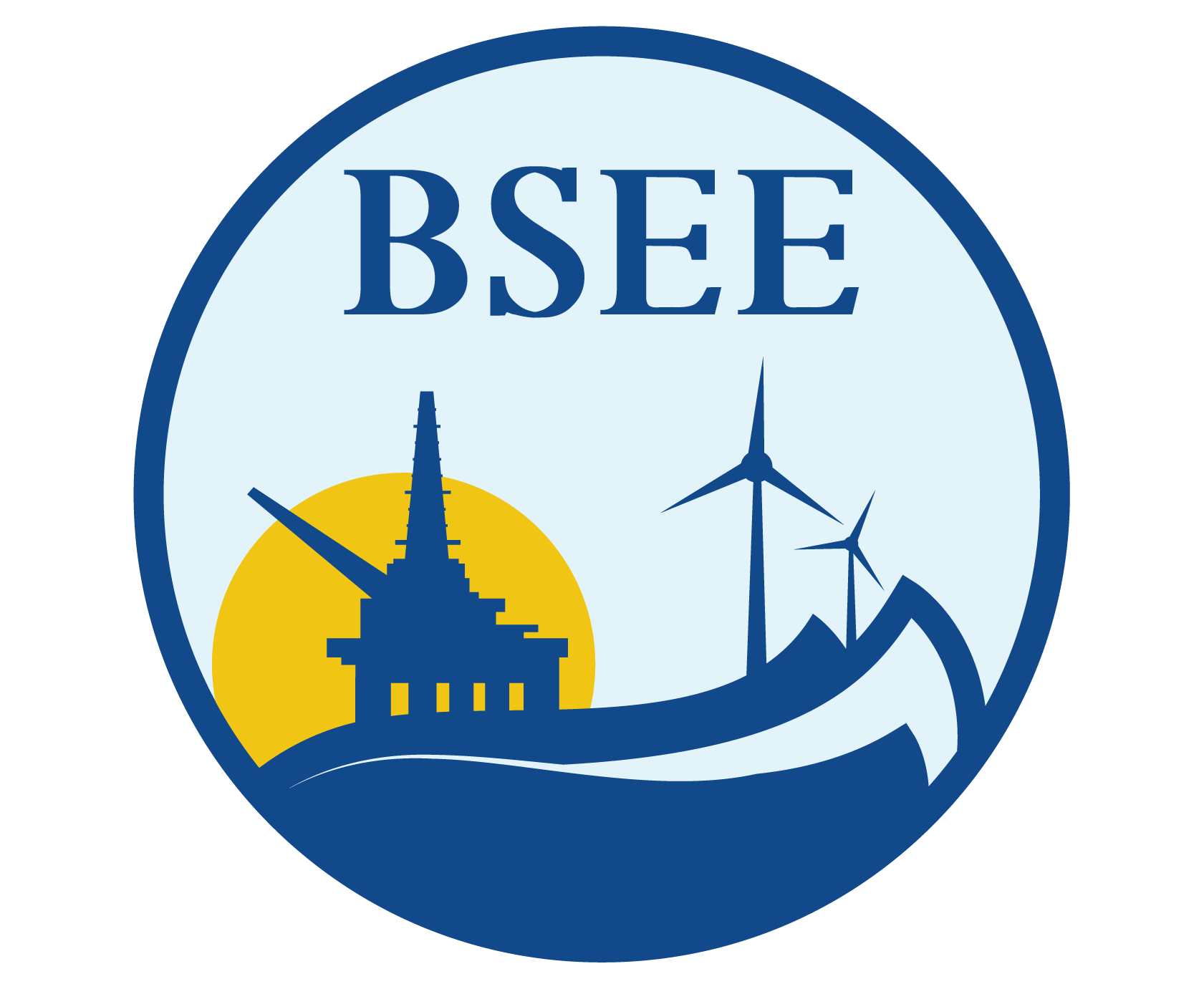The objective of this project was to conduct an engineering study that addressed the requirements for standards that are suitable for the design of OWTGs in U.S. federal waters. This study reviewed the applicability and merits of at least two sets of standards that are relevant to offshore wind power development. These standards were the API recommended practice that is currently used for the design and regulatory review of structures used for oil and gas development in the U.S. OCS and the International Electrotechnical Commission (IEC) 61400-3 which has been developed specifically for the design of offshore wind turbine generators.
The study was accomplished via the following tasks:
Direct Comparison - A direct comparison of the IEC 61400-3 and API RP2A standards.
Comparison of Inherent Reliability - The objective of this task was to provide a direct comparison of the API and IEC standards in terms of their inherent levels of reliability.
Assess Regional Conditions - The objective of this task was to assess the sensitivity of reliability indices to the characteristic regional environments (wind, wave and current) that are representative of near-shore Gulf of Mexico and North East coasts.
Case Studies - Two major case studies were conducted to provide specific and quantitative comparison of the two design standards.
Meetings - Project meetings were held throughout the project as necessary. This project was co-funded with several other entities.
Completed
